Nature reports
Page 32 of 68 - 678 Results
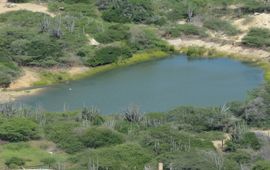
During a visit to Aruba, researchers John Janssen and André van Proosdij from Wageningen University & Research, together with Erik Houtepen from Carmabi, discovered three plant species that had never been found before on Aruba,..
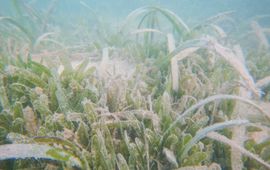
New research from Wageningen University, University of Amsterdam and Florida International University highlighted the role herbivorous fish species play in staving off non-native seagrass invasions. A healthy and diverse fish..
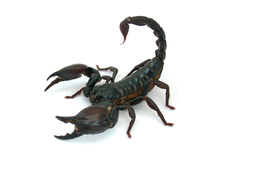
An international team of scientists has found an innovative, animal-friendly way of studying venom genes. The technique makes it possible to determine the unique venom production of a wide range of venomous animals...
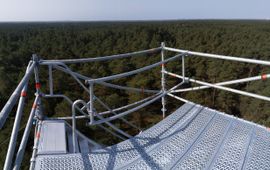
In the Loobos forest near Kootwijk, a huge steel structure was erected to facilitate research on greenhouse gases. It was officially opened on Friday 12 November 2021. Among other things, the CO2 absorption by the surrounding..
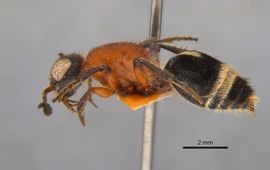
During a study on velvet ants, nine new species have been described. Specimens from the collection of Naturalis Biodiversity Center were used in this study. As a token of appreciation, the scientists have named one of those newly..
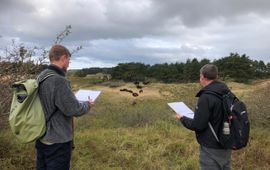
The European bison, the largest living land mammal in Europe, has grazed nature reserves in several European countries for a number of years. Great Britain is the next to introduce this imposing animal, following The Netherlands,..
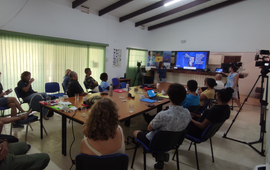
Between October 25th and 28th, Bonaire’s Mangrove Maniacs hosted their first Mangrove Restoration Workshop for the Dutch Caribbean. The goal was to provide a platform for researchers, conservationists, park authorities and anyone..
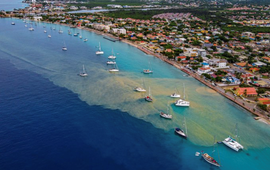
The Dutch Caribbean Nature Alliance (DCNA) expressed its concern to the Dutch Government about the lack of attention to the impacts of climate change in the Caribbean Netherlands. The Dutch Caribbean islands expect to face very..
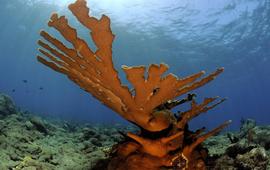
Researchers have crossbred elkhorn coral individuals from Florida and Puerto Rico with those of Curaçao using cryopreserved reproductive cells of elkhorn corals. It is an important first step towards creating more heat tolerant..
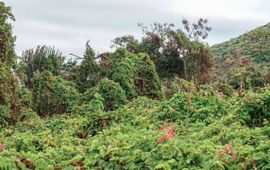
Coralita is an invasive plant species, that rapidly spreads across St. Eustatius. A recently published report highlighted the ability to use satellite imagery to systematically map Coralita’s distribution over the island. The..
